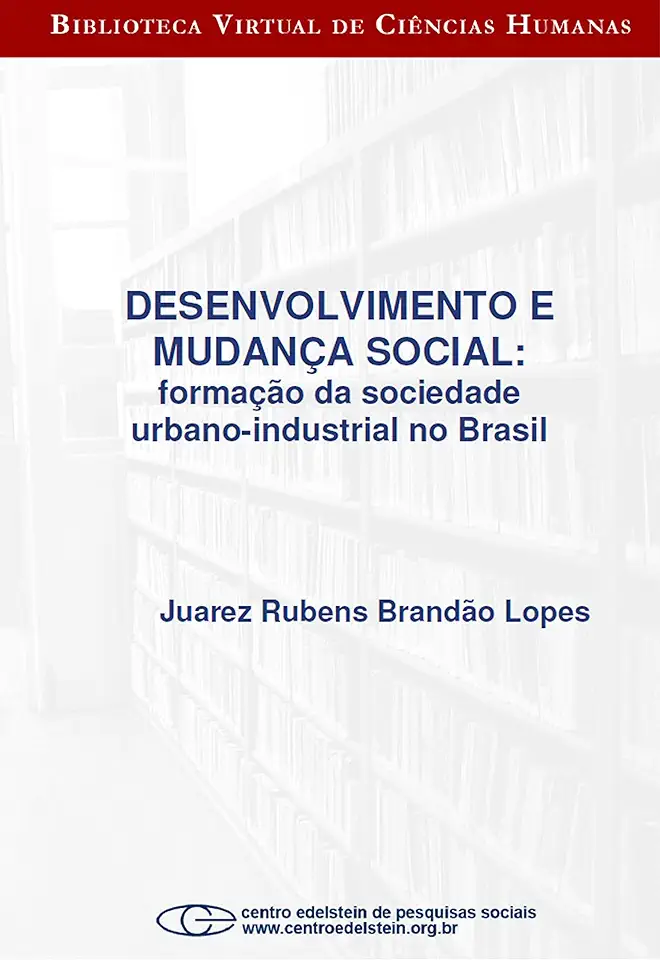
Industrial Society in Brazil - Juarez Rubens Brandão Lopes
Industrial Society in Brazil: A Historical Overview
In his seminal work, "Industrial Society in Brazil," Juarez Rubens Brandão Lopes provides a comprehensive and insightful analysis of the development of industrial society in Brazil. Drawing upon a wealth of historical sources and theoretical frameworks, Lopes offers a nuanced understanding of the complex interplay between economic, social, and political forces that have shaped Brazil's industrial trajectory.
The Rise of Industrialization
Lopes begins by tracing the origins of industrialization in Brazil, highlighting the key factors that contributed to the country's transition from an agrarian to an industrial economy. He examines the role of foreign investment, technological advancements, and government policies in fostering industrial growth, while also acknowledging the challenges and obstacles that Brazil faced during this period.
Industrialization and Social Change
Lopes goes on to explore the profound impact of industrialization on Brazilian society. He analyzes the transformation of the labor force, the emergence of new social classes, and the changing dynamics of urban life. Lopes also examines the social inequalities and environmental challenges that accompanied industrialization, providing a critical perspective on the costs and benefits of Brazil's industrial development.
The State and Industrialization
Lopes devotes considerable attention to the role of the state in shaping industrial society in Brazil. He examines the various policies and interventions adopted by the Brazilian government to promote industrialization, including import substitution, state-owned enterprises, and industrial planning. Lopes also analyzes the complex relationship between the state and the private sector, highlighting the ways in which government policies have influenced the structure and dynamics of Brazilian industry.
Industrialization and Regional Development
Lopes also explores the regional dimensions of industrialization in Brazil. He examines the uneven distribution of industrial activity across the country, highlighting the factors that have contributed to the concentration of industry in certain regions and the challenges faced by less industrialized areas. Lopes argues for the need for balanced regional development policies to address the disparities and inequalities that have arisen as a result of industrialization.
Industrial Society in Brazil: A Critical Assessment
In the final section of the book, Lopes offers a critical assessment of industrial society in Brazil. He evaluates the achievements and shortcomings of Brazil's industrialization process, considering the economic, social, and environmental impacts of industrial development. Lopes also discusses the challenges and opportunities facing Brazil as it navigates the transition to a more sustainable and inclusive industrial future.
Conclusion
"Industrial Society in Brazil" is a must-read for anyone interested in understanding the historical development of Brazil's industrial economy. Juarez Rubens Brandão Lopes provides a comprehensive and insightful analysis of the complex factors that have shaped Brazil's industrial trajectory, offering a critical perspective on the achievements, challenges, and future prospects of industrial society in Brazil.